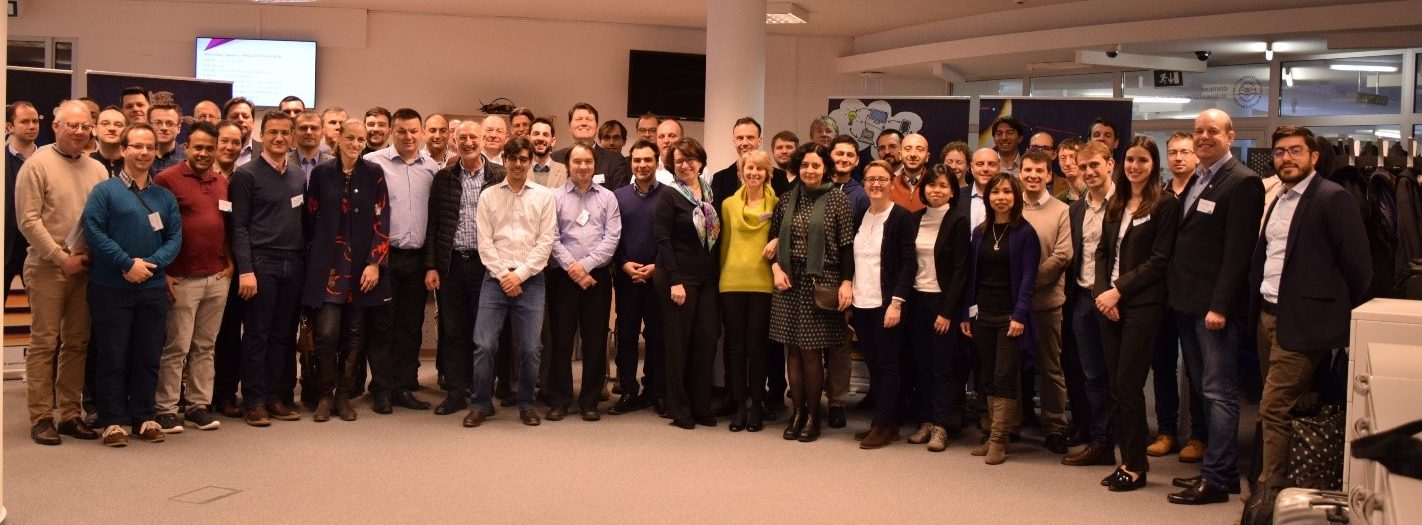The COST Action WISE-ACT on “Wider Impacts and Scenario Evaluation of Autonomous and Connected Transport” had its 2nd Management Committee and Working Group meeting in Bratislava last 14-15 March. The local organiser of the event was ERAdiate team member Giuseppe Lugano, in collaboration with the Slovak Centre of Scientific and Technical Information (CVTI). A total of about 70 participants attended the meeting, in representation of the 36 COST Countries participating in the Action.
Meeting participants were welcomed by Nikolas Thomopoulos (Univ. of Greenwich, UK), Chair of the COST Action and by Mickael Pero, Science Officer of the COST Association.
The keynote speaker of the first day was Maria Cristina Marolda, Policy Officer at DG Move of the European Commission. She gave an inspiring talk on the socio-economic impacts of automation, and in particular on how to mitigate adverse consequences while enhancing benefits. In her view, Autonomous and Connected Transport (ACT) created high expectations in the general public due to the many dramatic benefits associated to ACT such as higher safety, reduction of traffic congestion and energy consumption, higher efficiency, broader accessibility and optimised travel time. On the one hand, the advertisement of positive impacts created a hype around ACT, which is however associated to the risk of not meeting expectations. On the other hand, there are also possible adverse consequences of ACT such as human distraction, new digital divides, transition challenge and impact of the massive investments required. One way to address challenges and realise benefits is through scenario building and evaluation, which is precisely one of the pillars of the WISE-ACT COST Action.
Another relevant perspective on ACT was presented by Biagio Ciuffo from the Joint Research Centre of the European Commission (EC-JRC). In his talk, he presented some results from an ongoing work at JRC on the “r-evolution of driving: from Connected Vehicles to Coordinated Automated Road Transport (C-ART)”.Although there are uncertainties, what is clear is that new and coordinated traffic management approaches are needed, especially to cope with a potential increase in travel demand.
Having started in October 2017, the Action is still in its initial period. As such, the focus of the meeting was on creating a shared understanding and vision of the Action, strengthening the collaboration between Action participants and discussing plans and contributions across the five Working Groups of the Action: “WG1 – Institutional and Regulatory Challenges”, “WG2 – Social Challenges”, “WG3 – Business Challenges”, “WG4 – Transport System“ and “WG5 – Scenario development and evaluation”.
The meeting was a milestone towards the building of a European-wide interdisciplinary community of experts motivated in realising the benefits of ACT in going beyond slogans and technologically-focused discussions, and by addressing the wider implications of this emerging field in a scientific and integrated manner.

